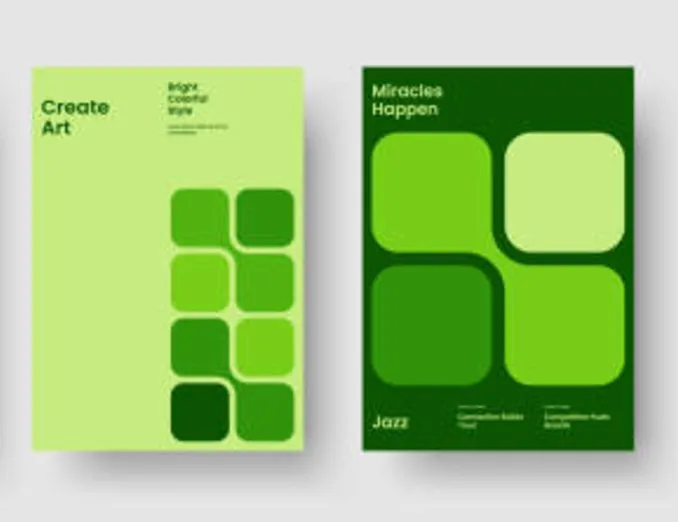Why Reducing Visual Clutter Matters
A clean and minimal design is key to keeping users focused on what matters most. 57% of users say they won't recommend a business with a poorly designed website, and cluttered designs are a common culprit. Reducing unnecessary elements helps guide the user's attention to your primary content and calls to action (CTAs), improving both user experience and conversion rates.Cluttered Designs = Lost Focus: 38% of Users Leave Websites That Are Overwhelming
If your website is visually cluttered, here’s what happens:- Overwhelmed users: Visitors get distracted and struggle to focus on important elements like CTAs or product highlights.
- Higher bounce rates: Users leave your site quickly if it feels chaotic or hard to navigate.
- Reduced conversions: Cluttered pages make it harder for users to take desired actions, such as signing up or making a purchase.
- Increased user focus: Clean designs naturally direct attention to key elements, leading to better engagement.
- Higher conversions: Clear and focused layouts help drive more clicks on CTAs, boosting your conversion rate.
- Better mobile experience: Minimalist designs work especially well on mobile, where screen space is limited.
Examples: How Reducing Visual Clutter Boosted Conversions
Basecamp – Simplified Design
After simplifying their homepage, Basecamp increased sign-ups by 22% by removing distracting elements and focusing on their primary CTA.Apple – Focus on Product
Apple’s product pages are famous for their minimalism, leading to an increase in conversions by keeping the focus solely on the product and CTA.Shopify – Clean Navigation
Shopify improved their site navigation, reducing cluttered menus, which led to a 16% improvement in user engagement and site exploration.How to Reduce Visual Clutter for Better UX
Here’s how to reduce visual clutter on your site and improve both user experience and conversions:2. Simplify your navigation – Reduce the number of menu items to make it easier for users to find what they’re looking for.
3. Limit distractions – Remove unnecessary images, buttons, or pop-ups that don’t directly support the user’s journey.
4. Focus on key CTAs – Ensure your primary calls to action are clear and easy to find, with minimal distractions around them.
5. Optimize for mobile – Prioritize clean, simple layouts on mobile to enhance usability in limited space.
Do It Yourself
To reduce visual clutter on your site:- Remove unnecessary elements like excess images, buttons, or ads that distract from your main message.
- Use white space strategically to make important content stand out.
- Simplify navigation menus to only include essential links, reducing cognitive load for users.
- Test on mobile to ensure your site looks clean and functions smoothly on smaller screens.
Key Takeaways
Reducing visual clutter is essential for creating a better user experience and driving conversions. By simplifying your design, focusing on key elements, and using white space effectively, you can guide users to take the actions that matter most. Clean, minimal designs not only improve engagement but also help users stay focused on what’s important, especially on mobile.FAQ
The Most Common Questions
How does visual clutter affect UX?
Too much clutter can overwhelm users and reduce focus on important elements, leading to higher bounce rates.
How can I reduce visual clutter?
Use plenty of white space, simplify menus, and focus on key elements like CTAs or product highlights.
Does reducing clutter improve conversions?
Yes, a cleaner design helps users focus on the important aspects, which can lead to higher conversions.
How does clutter affect mobile experience?
Visual clutter is especially problematic on mobile devices, where space is limited, so it’s crucial to keep designs clean.
100+ Website Tips Subscribe for Updates
Subscribe now for the latest tips on how to improve your website.

